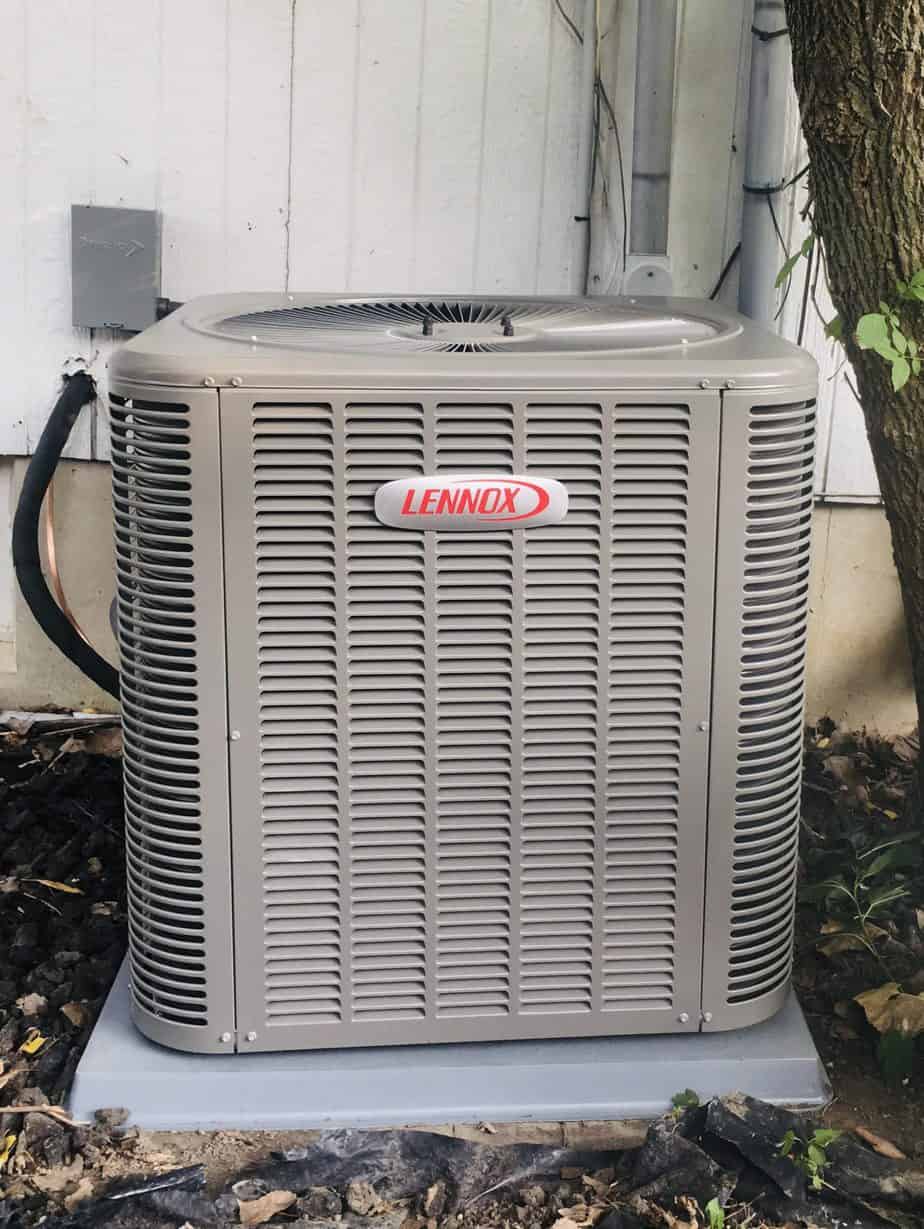Regarding household comfort, a limited number of systems are as essential as your heating, ventilation, and air conditioning system. Understanding what HVAC is can be the primary step towards guaranteeing a cozy home environment year-round. Whether you are dealing with the chilly winters or the oppressive summer heat, having a trustworthy heating and cooling system is paramount for preserving an enjoyable indoor atmosphere. In this article, we will delve into everything you need to know about HVAC systems, from their core functions to frequent problems that might arise and how to properly deal with them.
Many homeowners might consider to tackle HVAC repairs on their own, notably when dealing with small issues or common maintenance tasks. However, discerning when to make a DIY attempt and when to call on a professional can allow you to avoid both time and money. We will examine some of the most frequent HVAC issues, suggest strategies for maintaining your system's efficiency, and underscore the significance of qualified help in certain situations. Ultimately, this guide, you will feel more confident in handling your HVAC system while understanding when to call in the professionals.
Grasping HVAC Systems
Heating, Ventilation, and Air Conditioning is an acronym for Heating, Ventilation, and Air Conditioning, which it plays a vital role in providing indoor comfort in homes and commercial spaces. These systems are designed to control temperature and air quality, making sure that areas remain pleasant regardless of outdoor conditions. A standard HVAC system typically includes elements such as a furnace for heating, an cooler for cooling, and a ventilation system to distribute air and renew indoor environments.
The functioning of these systems is rooted in the laws of thermodynamics and airflow dynamics. Heating is performed through various methods, such as natural gas, electric power, or fuel, while cooling is mostly executed through chemical agents circulating in the system. Ventilation ensures fresh air enters a space while getting rid of stale air, which is crucial for comfort and safety. Grasping how these components work collaboratively can help homeowners effectively handle their HVAC systems and spot concerns early on.
Regular service and understanding of how to use HVAC can lead to increased efficiency and prolonged lifespans. Simple actions such as changing air filters regularly, keeping vents clear, and arranging professional check-ups can significantly enhance system performance. By grasping the principles of heating and cooling, homeowners can make educated decisions about their climate control needs, contributing to a more comfortable and efficient living environment.
Frequent HVAC Problems and Resolutions
One of the most common problems homeowners encounter is a deficiency of heating or cooling. This problem can stem from different sources, such as a dirty air filter, which hinders airflow and decreases the system’s efficiency. To resolve this, consistently inspect and replace air filters every 1 to 3 months, based on usage. Additionally, checking the thermostat settings and ensuring that the unit is set to the proper temperature can help alleviate the issue. If problems continue, it may be essential to check for refrigerant leaks or call a professional.
Another common issue is unusual noises emanating from the HVAC system, such as banging, whistling, or screeching sounds. These noises can indicate loose parts, worn-out bearings, or issues with the compressor. Homeowners can initiate by tightening loose components and ensuring that all access panels are securely in place. If the noises remain, it might be appropriate to call an HVAC technician to determine and repair any underlying mechanical issues.
Lastly, inconsistent temperatures throughout the home can be a irritating problem. This can result from insufficient insulation, blocked vents, or problems with the ductwork. To improve airflow, make sure that vents are not cluttered by furniture or any items. Repairing any leaks in ductwork can also encourage more consistent heating and cooling. For more significant airflow problems or ongoing discomfort, it may be wise to reach out to a specialist to evaluate and improve the overall HVAC system and home insulation.

HVAC Efficiency and Maintenance Tips
To improve the efficiency of your HVAC system, consider investing in a programmable thermostat. Such devices allow you to program specific levels for multiple times of the day, improving energy use while ensuring comfort. For https://www.berkeys.com/fort-worth-air-conditioning/ , you can set your thermostat to lower heating or cooling when you are absent, thus reducing energy and decreasing your utility bills.
Regular maintenance is key for ensuring your HVAC system functioning efficiently. Schedule seasonal tune-ups to ensure that all components are in excellent shape. During these maintenance sessions, professionals can maintain coils, examine ducts, and swap filters, which helps stop larger issues down the line. Additionally, change your air filters every one to three months to ensure airflow and enhance indoor air quality, directly impacting the efficiency of your system.
Be mindful of your HVAC system's insulation and sealing. Make sure ducts are well-sealed to avoid air leaks and think about adding insulation to areas like the attic and walls to minimize energy costs. Enhancing your home’s insulation helps your HVAC system work less hard to keep the set temperature, which leads to overall energy savings. Consistently inspect and maintain areas around your home to create a comfortable and energy-efficient living environment.
